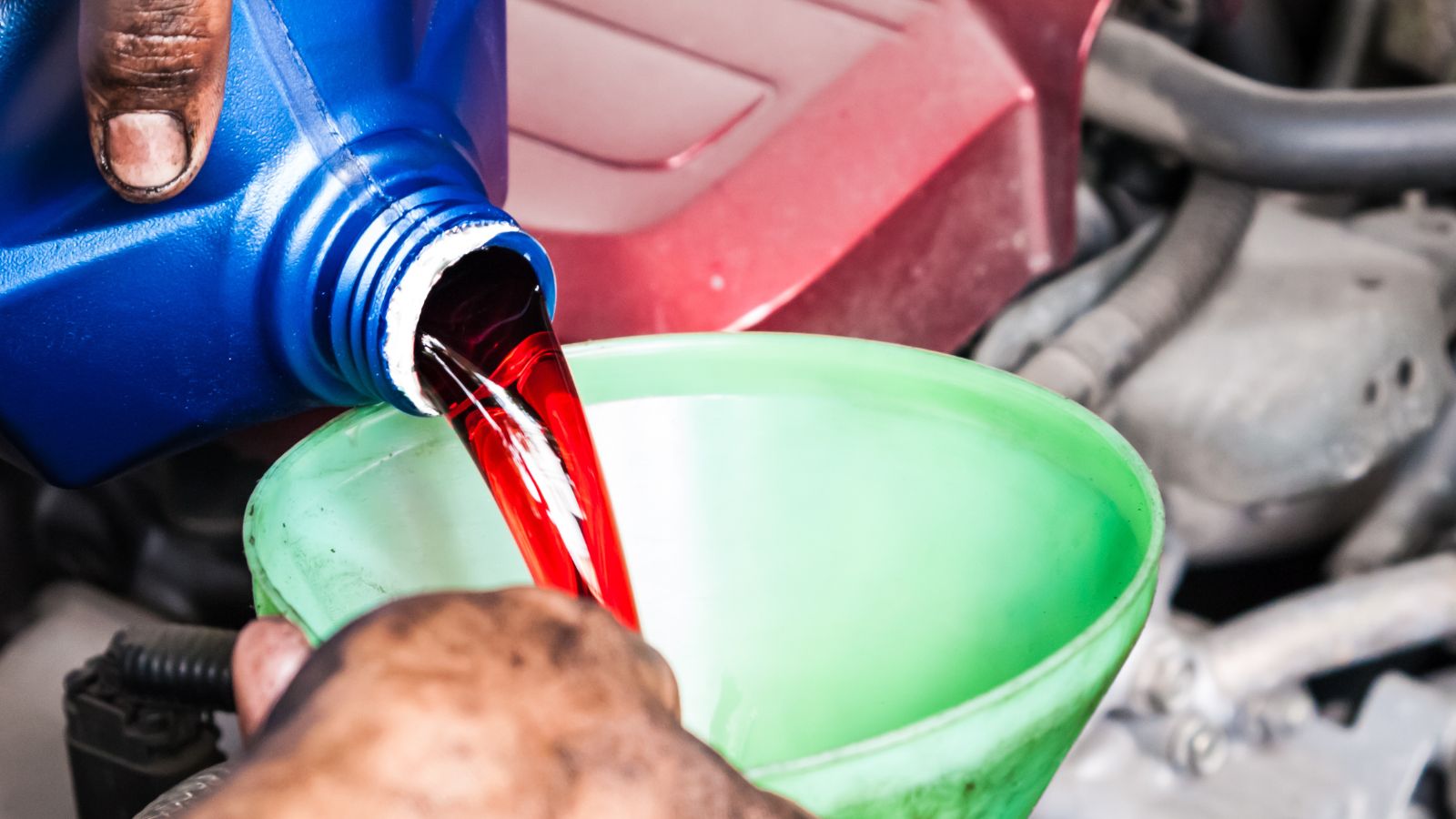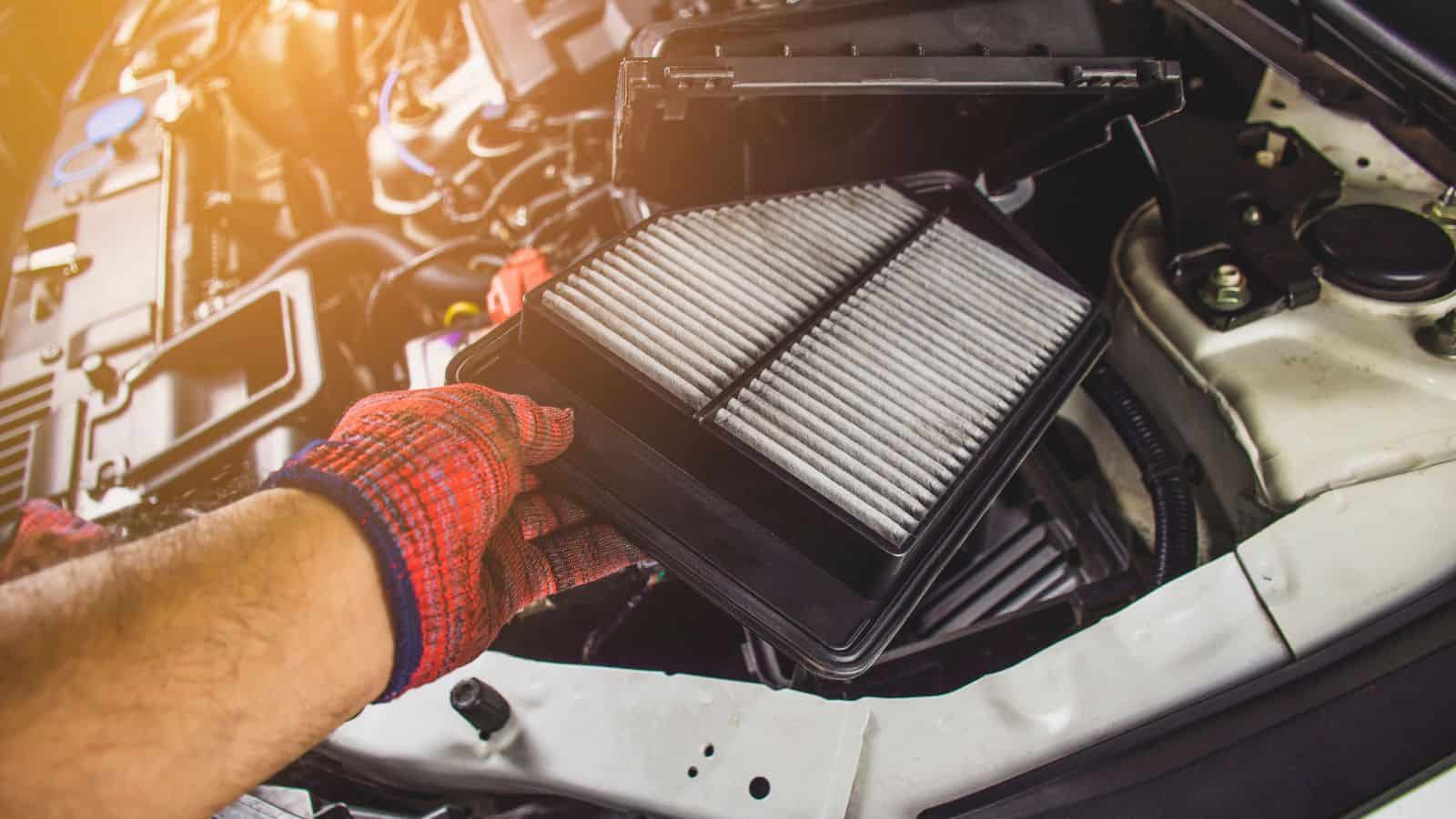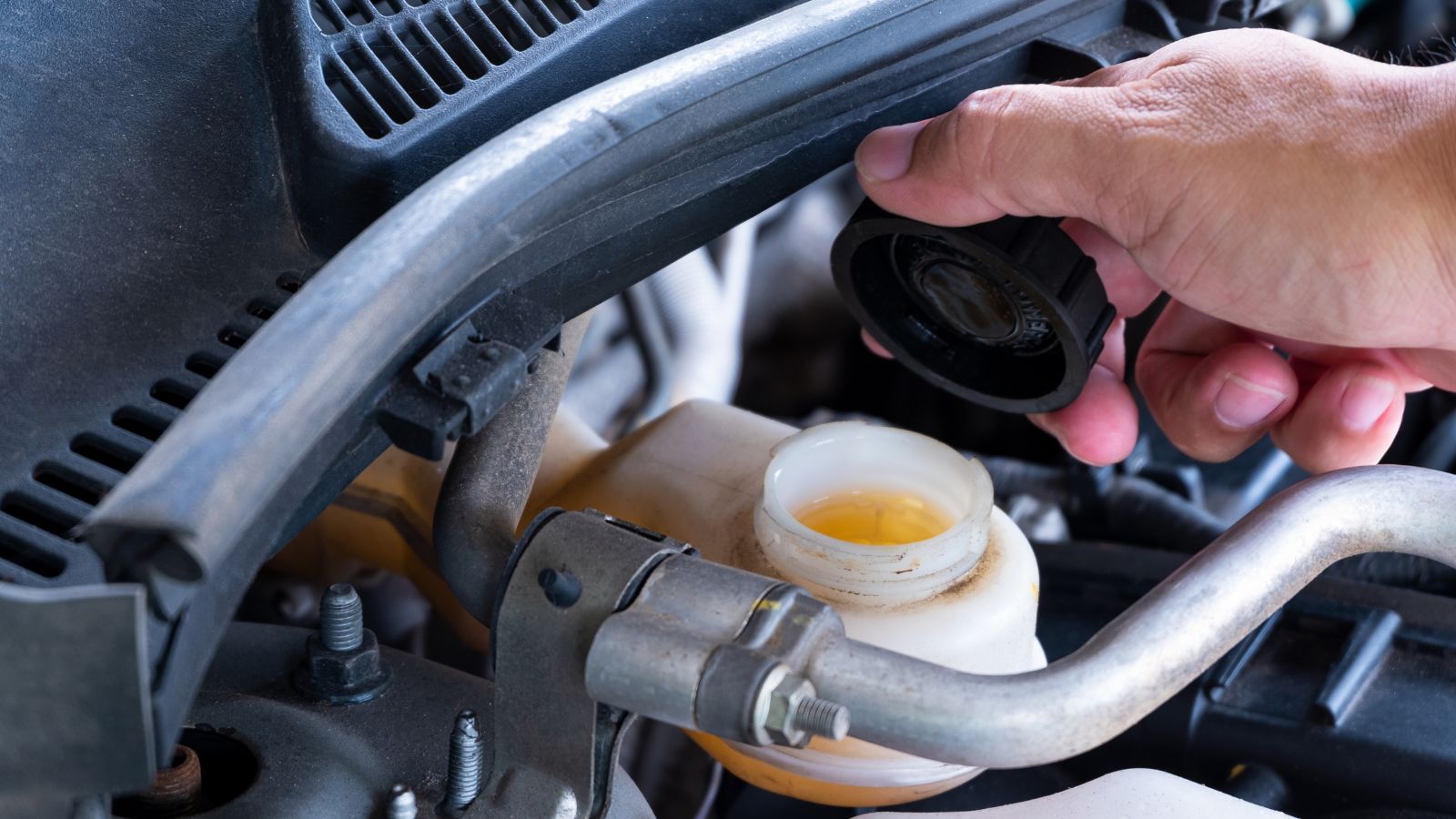You’ll find scamsters lurking everywhere these days – even, sadly, in our service shops. Getting your oil changed should be a routine and straightforward part of car maintenance, but some shops have turned it into an opportunity to drain your wallet. Hidden fees, unnecessary upsells, and outright deception are more common than you might think.
It’s important to understand how these scams work so you can protect yourself from overpaying. Being informed not only saves you money but also helps you keep your car in great condition without falling for shady tactics. Here are some common oil change scams to watch out for.
Unnecessary Synthetic Oil Upsell

Synthetic oil is expensive and many cars don’t need it, but some shops push it anyway. While synthetic oil has benefits, it’s not always required, especially for older vehicles. If your owner’s manual doesn’t specify synthetic, you’re wasting money on an unnecessary upgrade. Stick to what your car actually needs, and you’ll avoid paying extra for an unnecessary service.
Early Oil Change Recommendations

The old “every 3,000 miles” rule doesn’t apply to most modern cars, which can go 5,000 to 10,000 miles between oil changes. Shops push early oil changes to increase their profits, but it’s a waste of money for you. Check your car’s maintenance schedule, which you can find in the owner’s manual, to determine the actual interval. Staying informed about your car’s requirements helps you resist unnecessary services.
Charging for Premium Oil Filters

High-end oil filters might be useful in extreme conditions, but they’re rarely necessary for everyday driving. A common scam involves upselling “premium” oil filters that don’t provide any noticeable benefit. Some shops charge double or triple the cost of a standard filter for these unnecessary options. Unless your car manufacturer specifies a particular type of filter, the standard version will work just fine.
Adding Mystery Charges

Some shops sneak in mystery charges like “shop supplies” or “environmental fees” without clearly explaining what they cover, so always check the invoice for unexplained fees. While some fees may be legitimate, others are just padding the bill. Ask for a breakdown of every charge and challenge anything that seems unclear. If a shop can’t explain a fee in plain language, it’s likely not necessary.
Pushing Additives

Oil and fuel additives are often pitched as a way to “clean your engine” or improve fuel economy during an oil change visit. While some products have benefits, most modern cars don’t need these treatments. Mechanics upsell these additives because of their high markup, but they rarely offer a noticeable improvement. Skip the additives and stick to what your car actually needs.
Fake Oil Quality Tests

Just because your engine oil has gone darker doesn’t mean it needs changing. Some mechanics perform a “test” on your oil to show it’s dirty, often exaggerating its condition to upsell an immediate oil change. While oil can darken quickly, that doesn’t always mean it’s time to replace it. Knowing what clean and used oil looks like can help you avoid falling for this gimmick.
Inflating the Oil Amount

The specs in your owner’s manual will tell you how much oil your engine holds. If the invoice shows a higher amount, question it immediately because dishonest shops sometimes claim your car needs more oil than it actually does – charging you for extra quarts you don’t need. Keep track of the correct amount, and don’t let anyone convince you otherwise without a good explanation.
Bundling Unnecessary Services

When you book in for an oil change you might be offered a “maintenance package” that includes tire rotations, brake inspections, and air filter replacements, too. While this might sound convenient, many of these services are unnecessary at the time of your visit. Always consult your car’s maintenance schedule before agreeing to bundled services.
Pushing Engine Flushes

Engine flushes sound useful. After all, they remove sludge from our engine. But don’t get upsold on this, because most cars don’t accumulate enough build-up to warrant the procedure. Some mechanics often scare customers into buying a flush by showing them dirty oil, but regular oil changes are usually enough to keep your engine clean.
Selling Overpriced Air Filters

Mechanics may offer to fit a new air filter when your car’s in for an oil change, but this is another easy upsell. Some shops charge excessive prices for this quick fix, doubling or tripling what you’d pay to do it yourself.
Checking your air filter is easy, and replacing it at home can save you a significant amount of money. Knowing what a dirty filter looks like can help you decide if it’s truly necessary.
Convincing You to Replace Fluids Unnecessarily

Fluid replacements like transmission or brake fluid changes are often recommended when they’re not needed. Check your manual for the recommended intervals and stick to them. Don’t let a mechanic convince you to replace fluids based solely on a quick inspection unless there’s clear evidence of a problem.
Claiming Your Oil Cap Is Missing

Some scams are sneaky. A favorite involves claiming your oil cap is missing or damaged and charging for a replacement. Before leaving the shop, check under your hood to ensure all parts are intact and in place. If a mechanic tells you something is missing, ask them to show you. This simple precaution helps you avoid unnecessary charges for a problem that may not exist.
Overcharging for Disposal Fees

Used oil is dirty stuff that must be disposed of correctly. Oil disposal fees are standard, but some shops inflate these charges. Research average fees in your area to ensure you’re not being overcharged. If a disposal fee seems excessive, ask for an explanation or take your business elsewhere. Knowing what’s reasonable helps you avoid being taken advantage of for routine procedures.
Performing Unapproved Repairs

Always insist on written estimates before any work begins and confirm that you’ll be notified before additional services are added. That’s because some shops may perform extra repairs without asking for your approval first. They will claim these fixes were “urgent,” but you’re left with a much higher bill than expected. A proactive approach protects your wallet from surprise charges.
